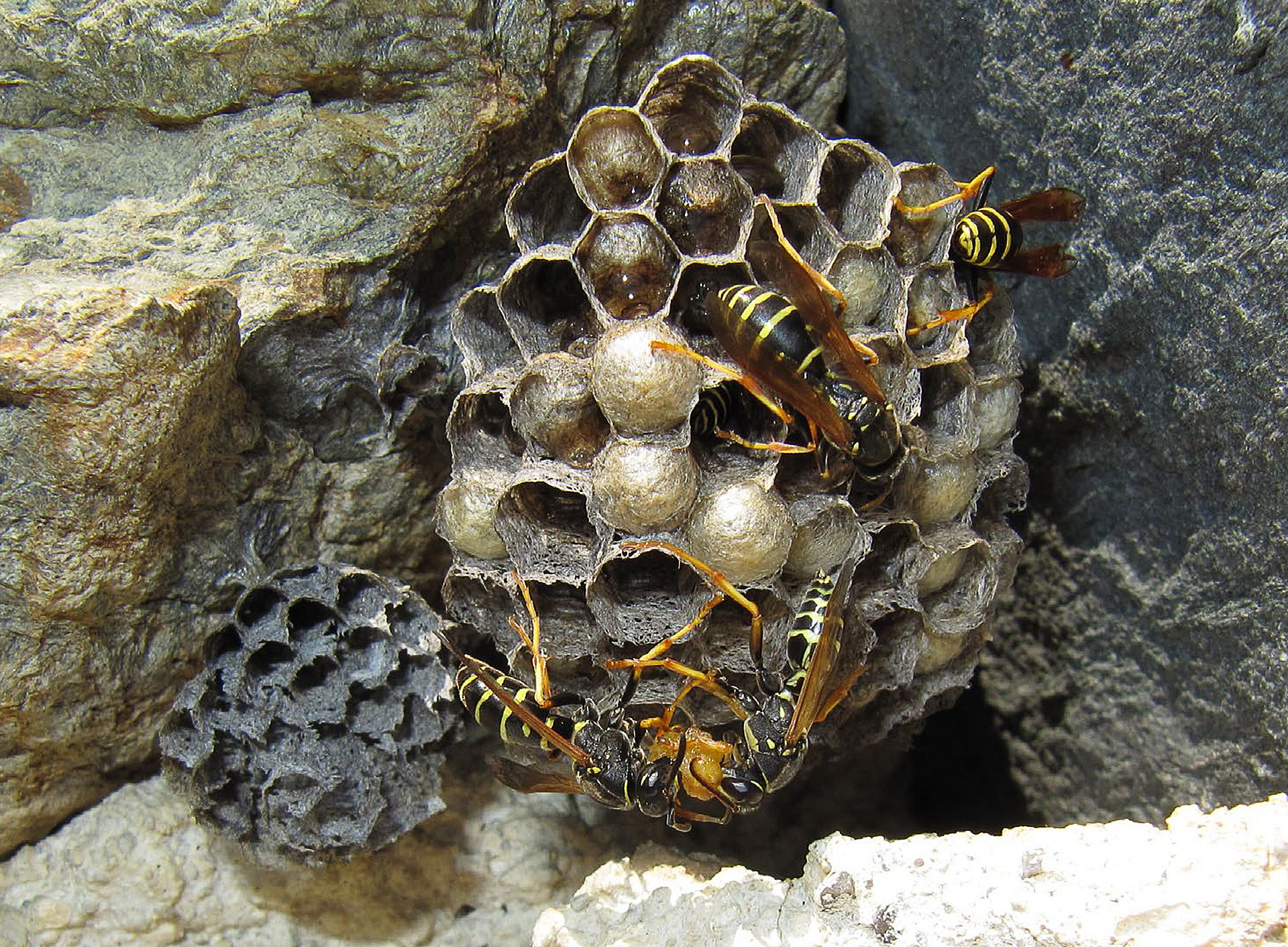"If the energy requirements of insects increase due to warm weather during hibernation, this can lead to premature depletion of their reserves. This means that they have to obtain more food in summer to make up for this deficit, both for their own metabolism and for rearing their offspring," explains Anton Stabentheiner.
The results of the study include concrete figures: "Our investigations suggest that a temperature rise of two degrees Celsius would result in a 26 to 33 per cent higher energy requirement just for hibernation," reports Helmut Kovac, co-author of the publication. For the summer season, the biologists expect an increase of 12 to 24 per cent.
The latest research has shown that although the paper wasps could maintain their basic metabolism for an entire summer with the energy reserves remaining in spring, the daily flight times for nest building and foraging would be limited to a few hours. Detailed measurements show: "The fat reserves could still be sufficient for new nest building even in climate scenarios of two degrees of warming and more. However, the carbohydrate and sugar reserves, which are more depleted after a warm winter, pose a major problem. This is because a basic supply of sugar is essential for many metabolic functions, for example in the nervous system and in the muscles," the scientists explain.
The study therefore proves that, in addition to shrinking habitats and pesticides, climate change is also making life difficult for insects.
In addition to the project leaders Helmut Kovac and Anton Stabentheiner, the research team of the Eco-Physiology and Eco-Ethology working group also includes Helmut Käfer, Edith Stabentheiner, Regina Willfurth and Astrid Bay Amstrup.
Publications
Stabentheiner et al.: The costs of overwintering in paper wasps (Polistes dominula and Polistes gallicus): the use of energy stores. Journal of Comparative Physiology B (2024).
https://doi.org/10.1007/s00360-024-01540-w
Kovac et al.: The Impact of Climate on the Energetics of Overwintering Paper Wasp Gynes (Polistes dominula and Polistes gallicus). Insects (2023).
https://doi.org/10.3390/insects14110849
